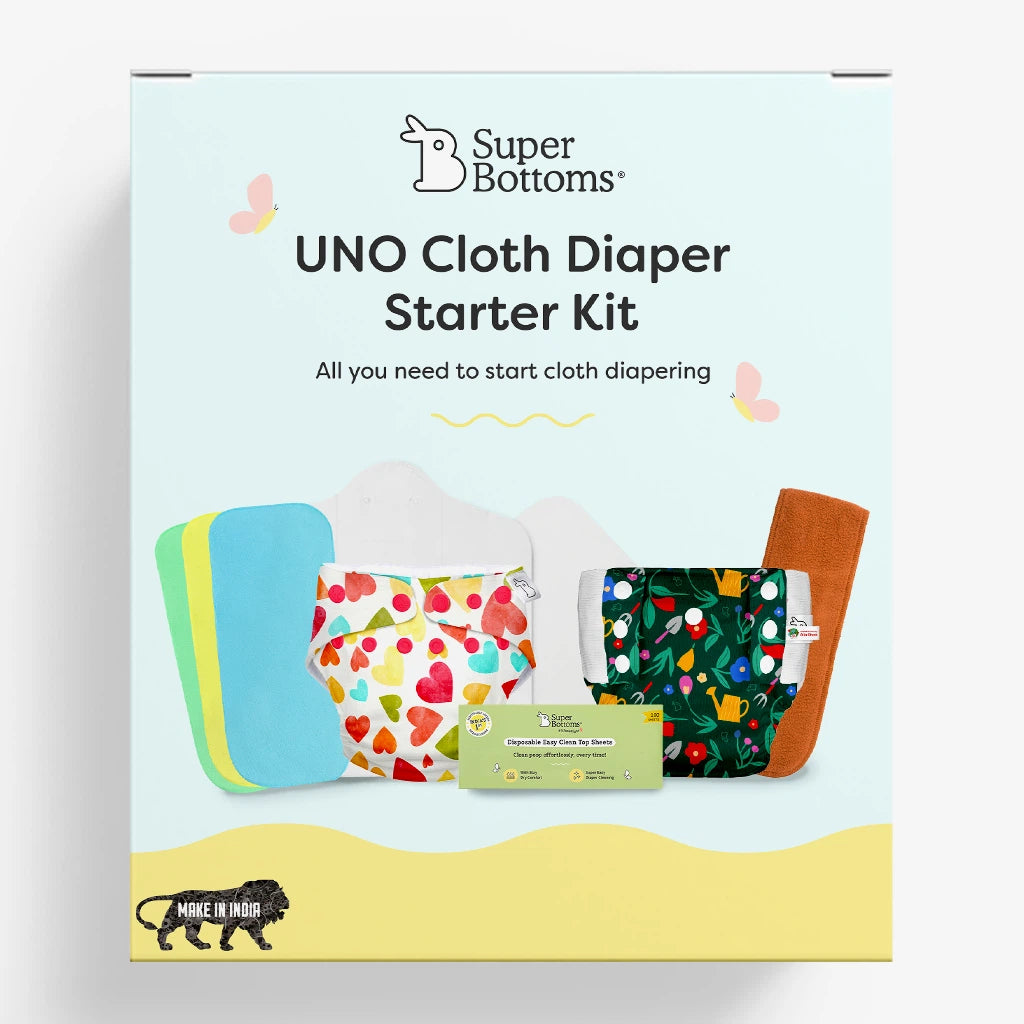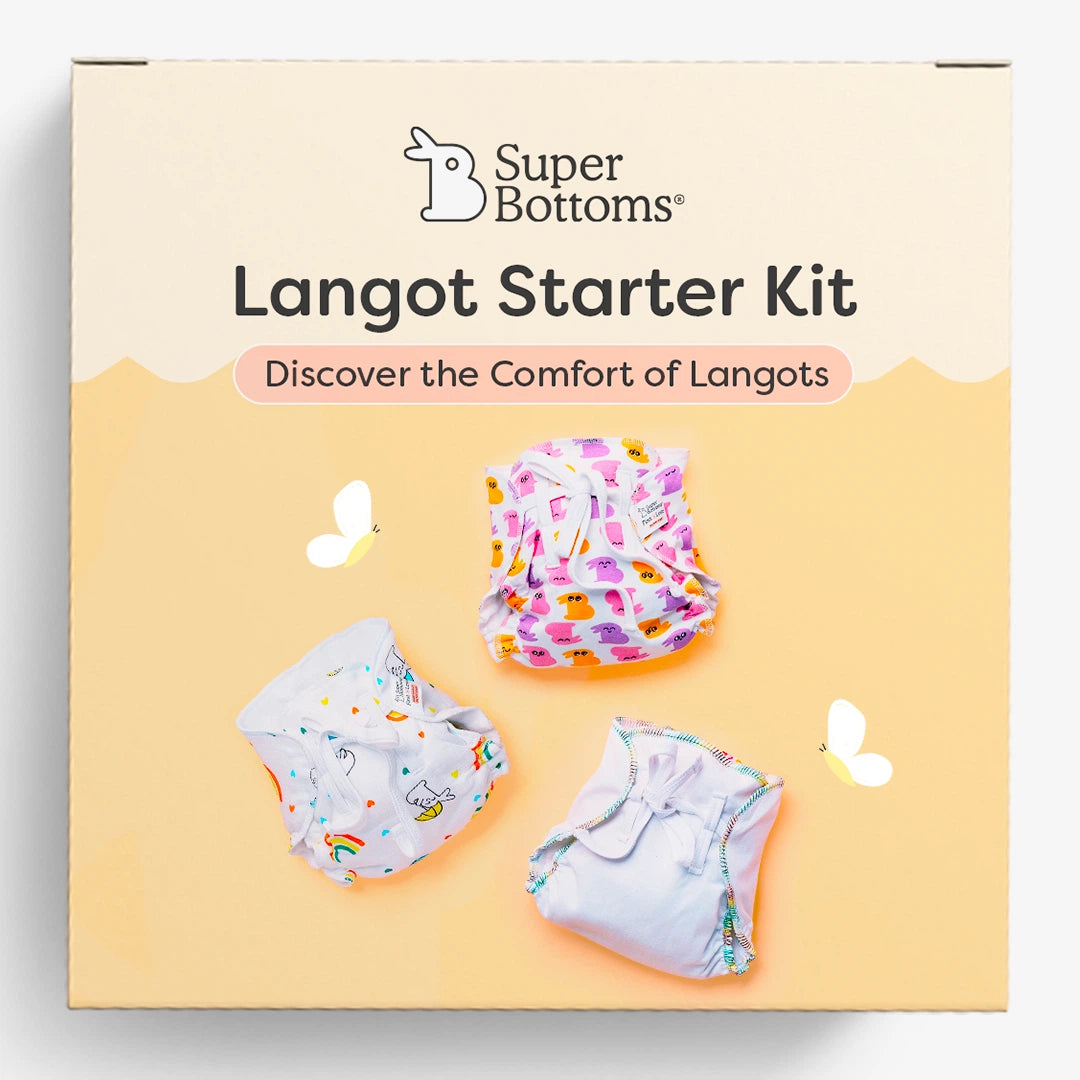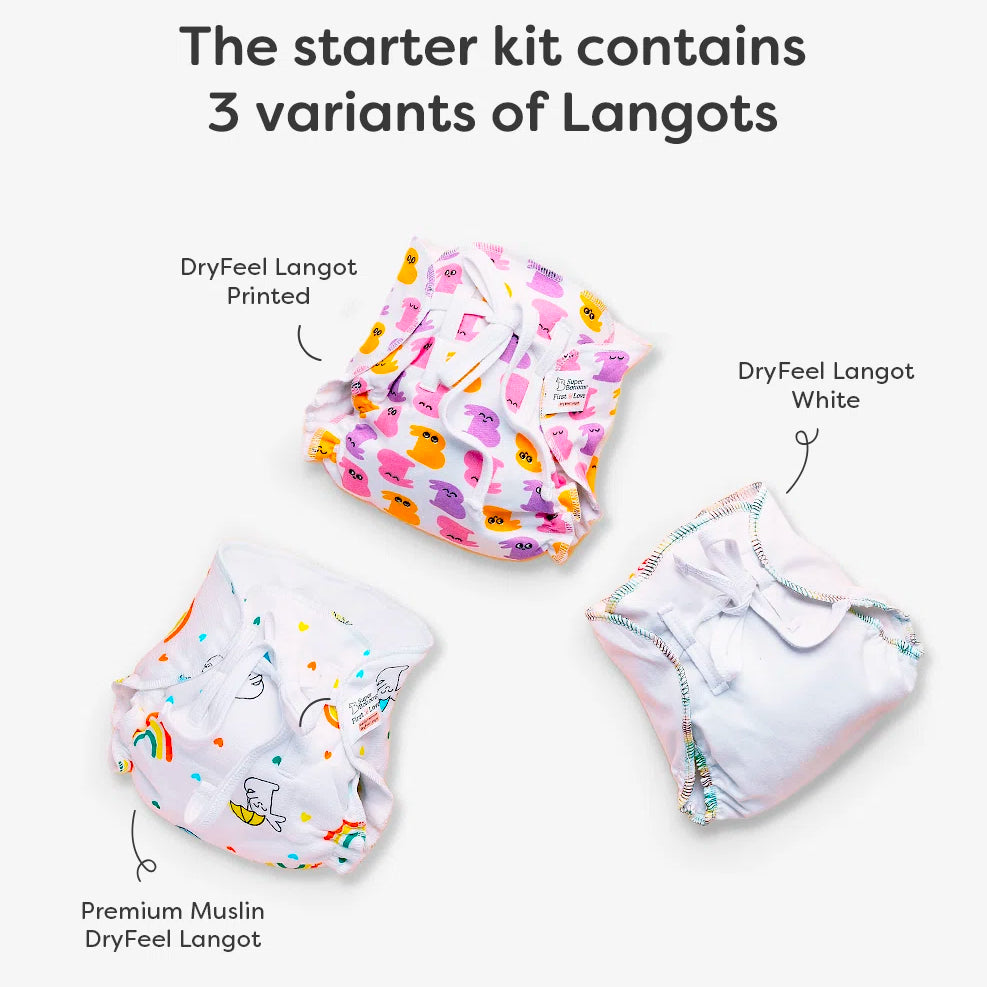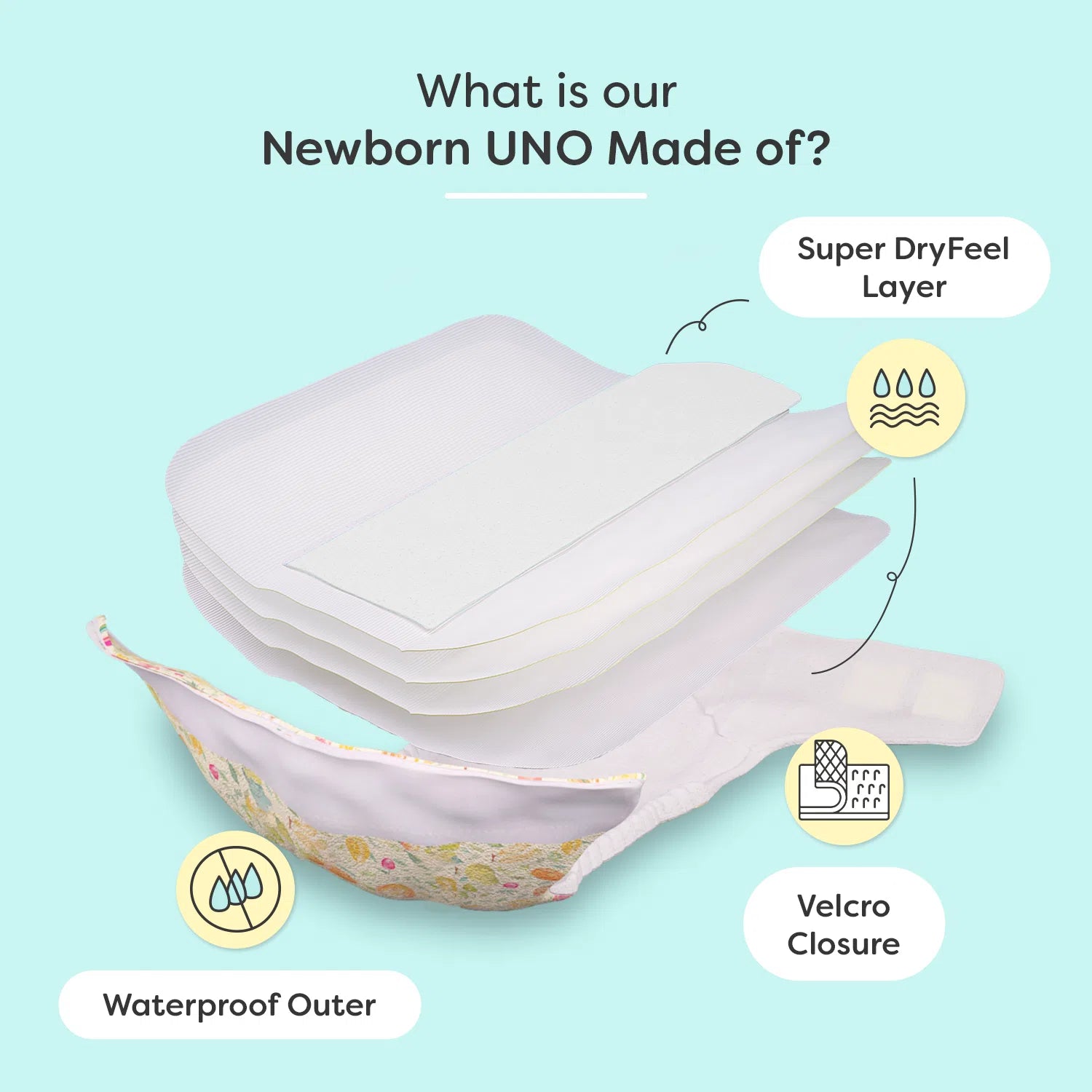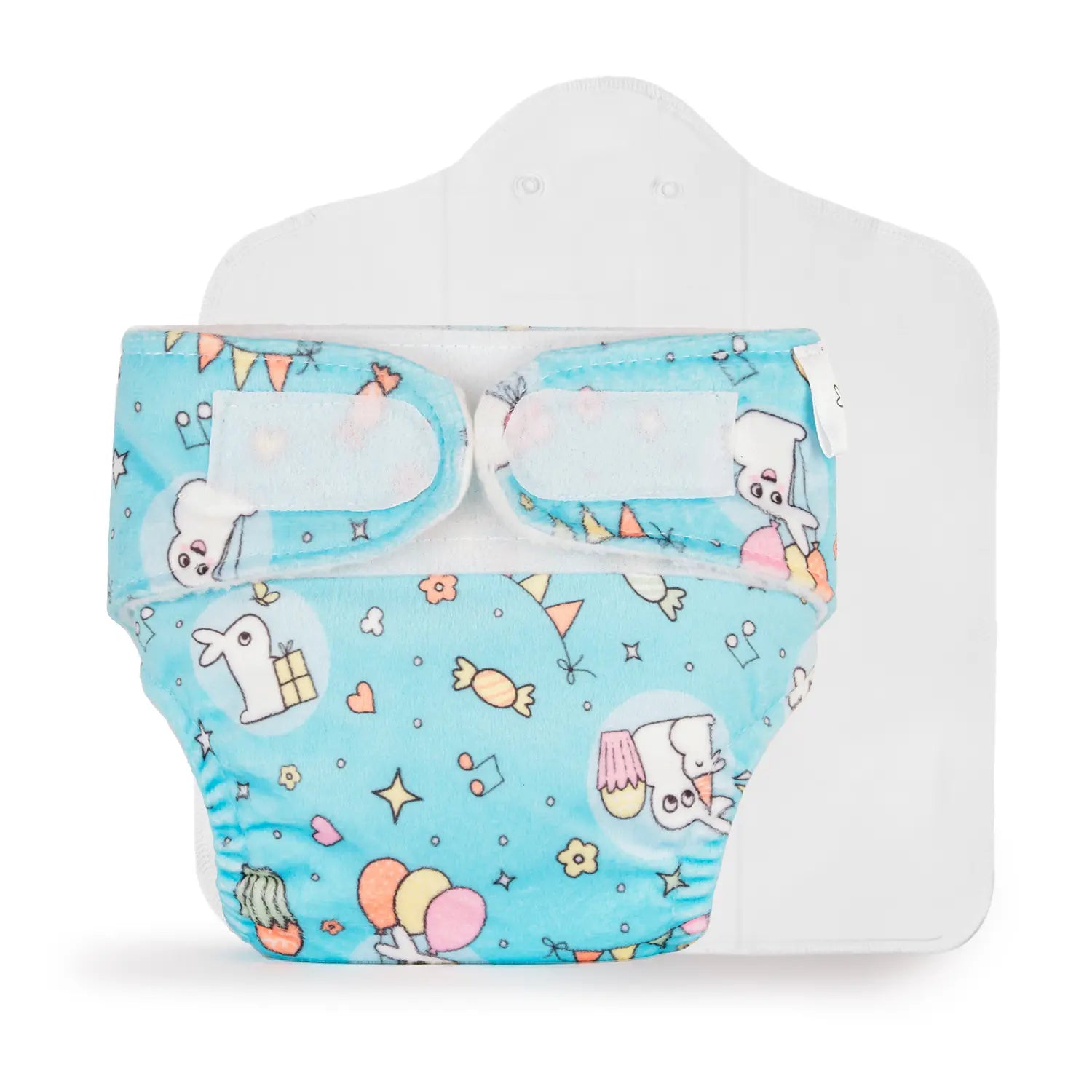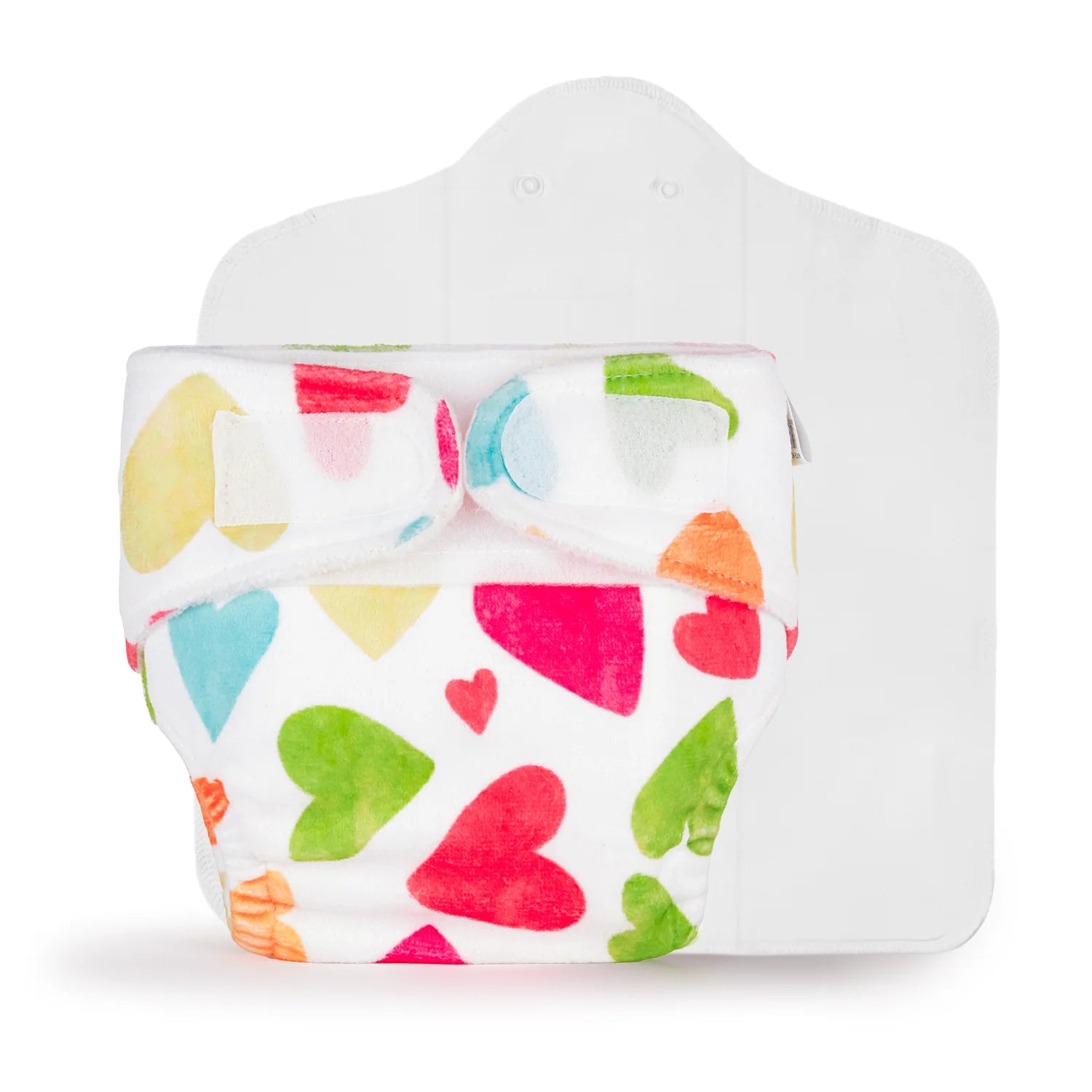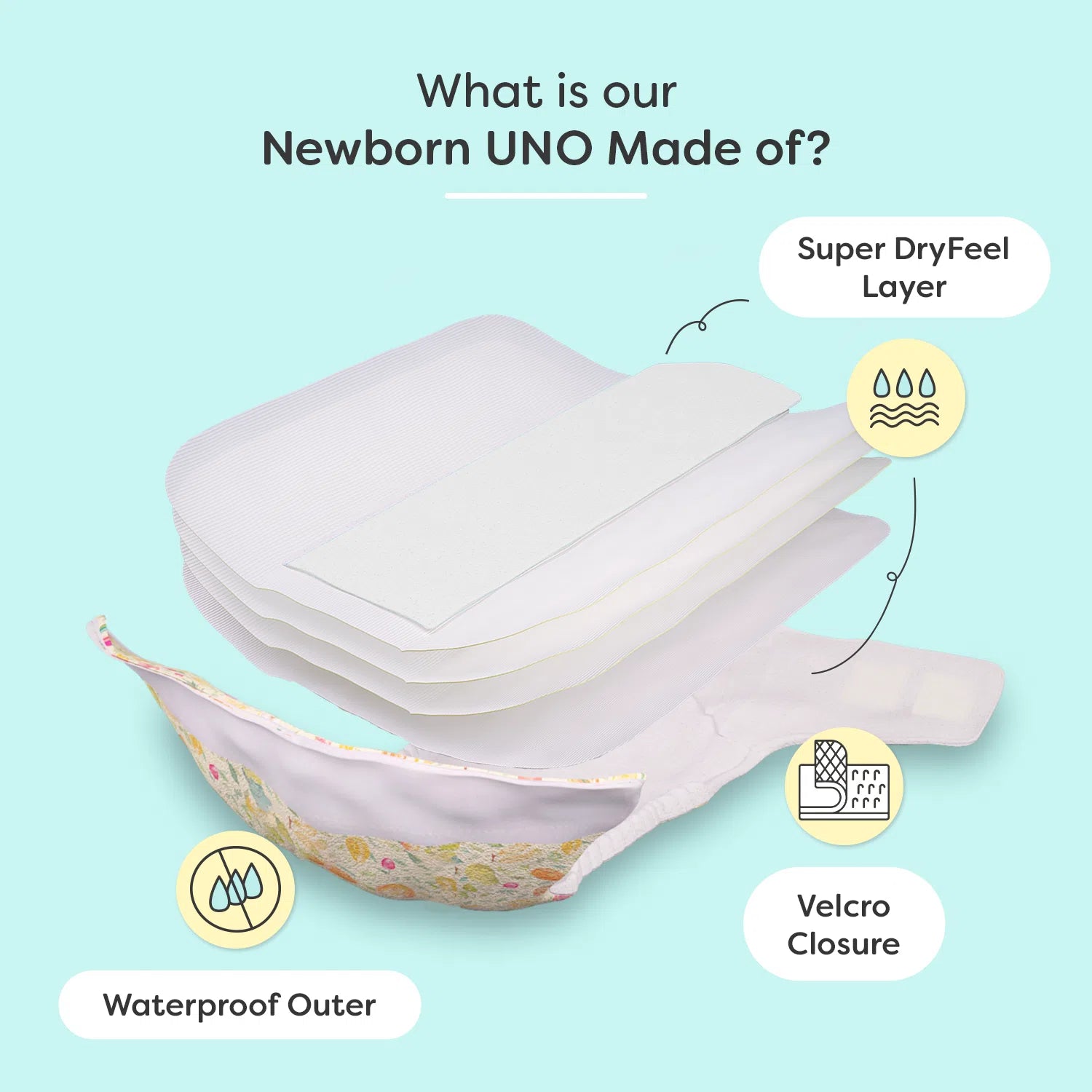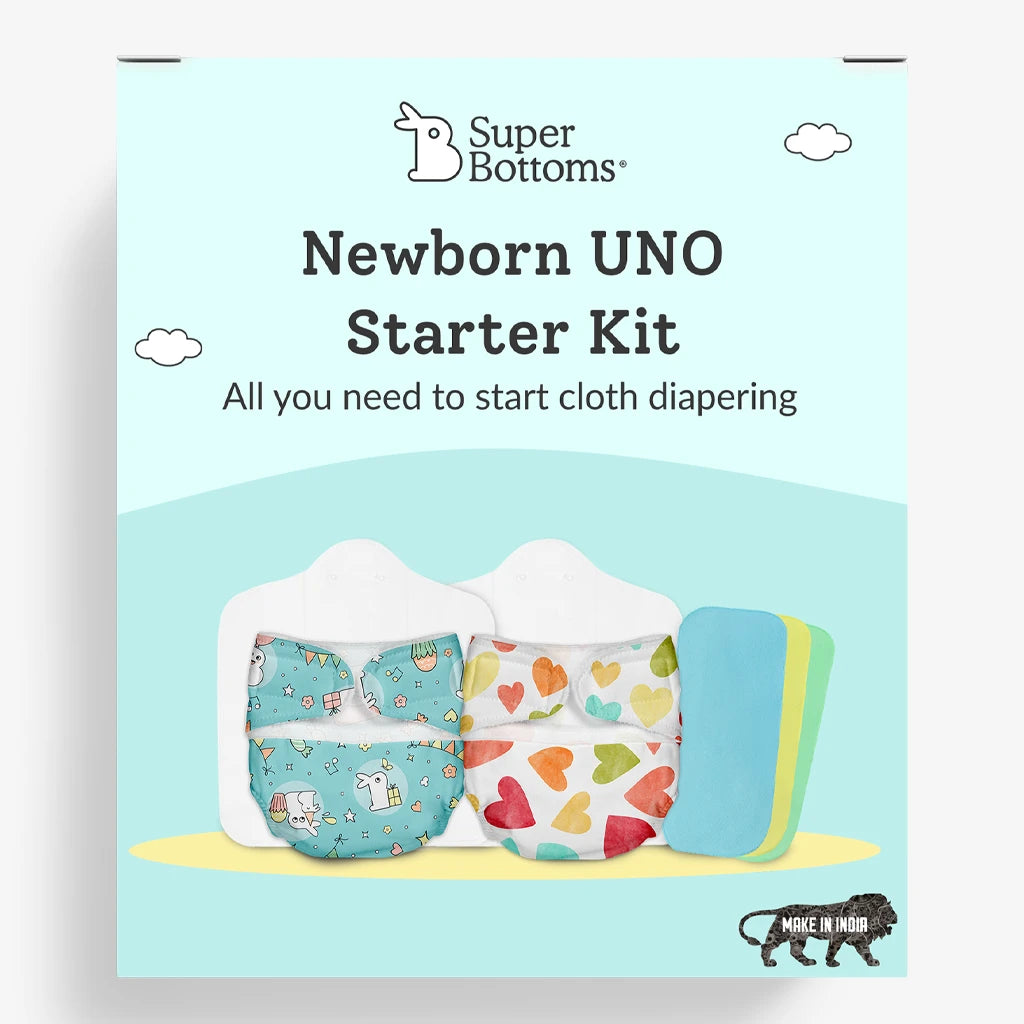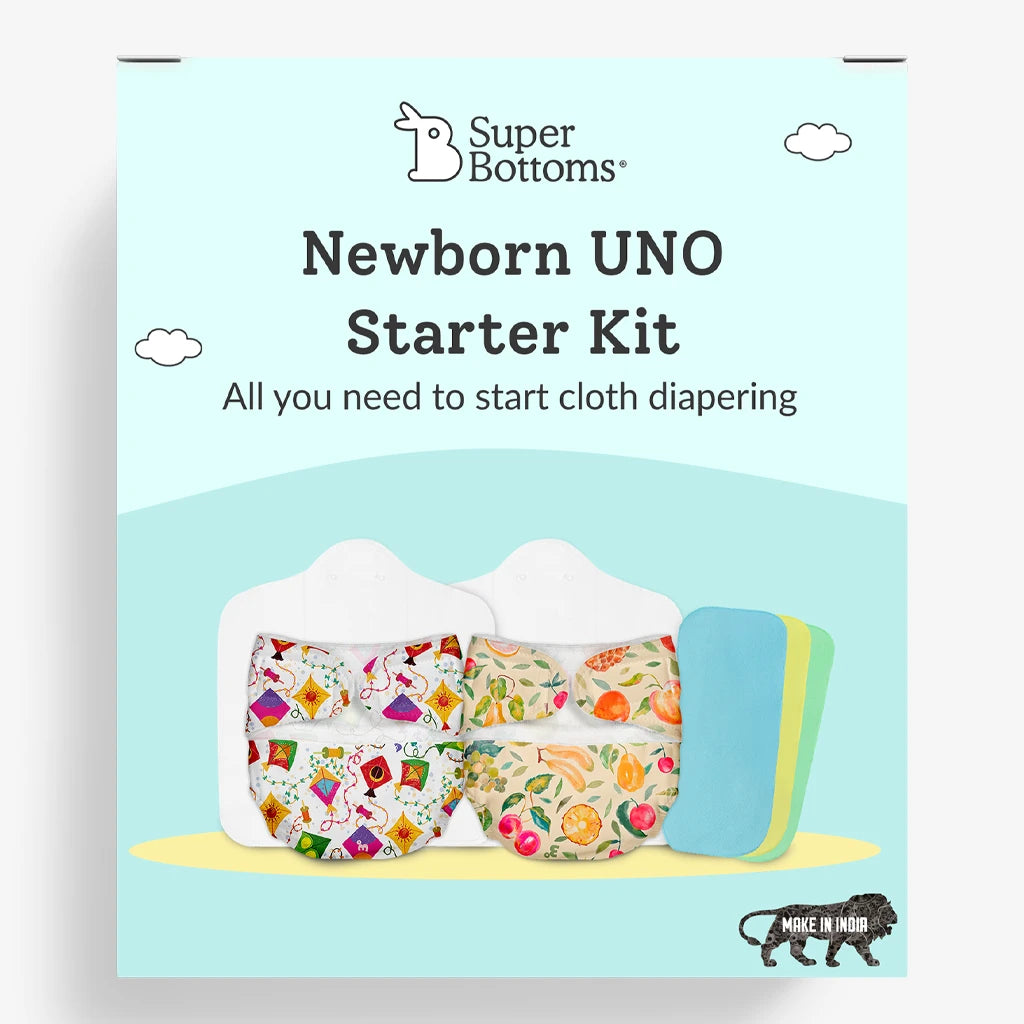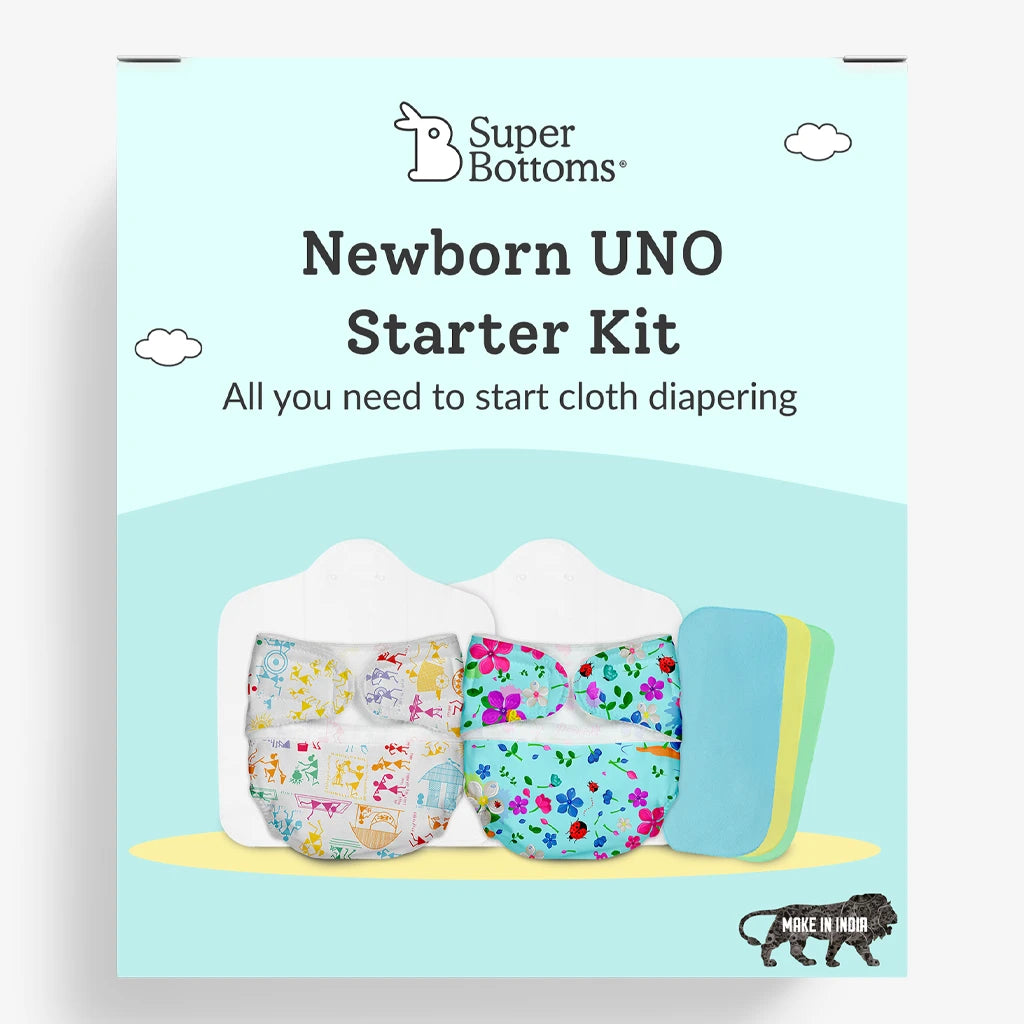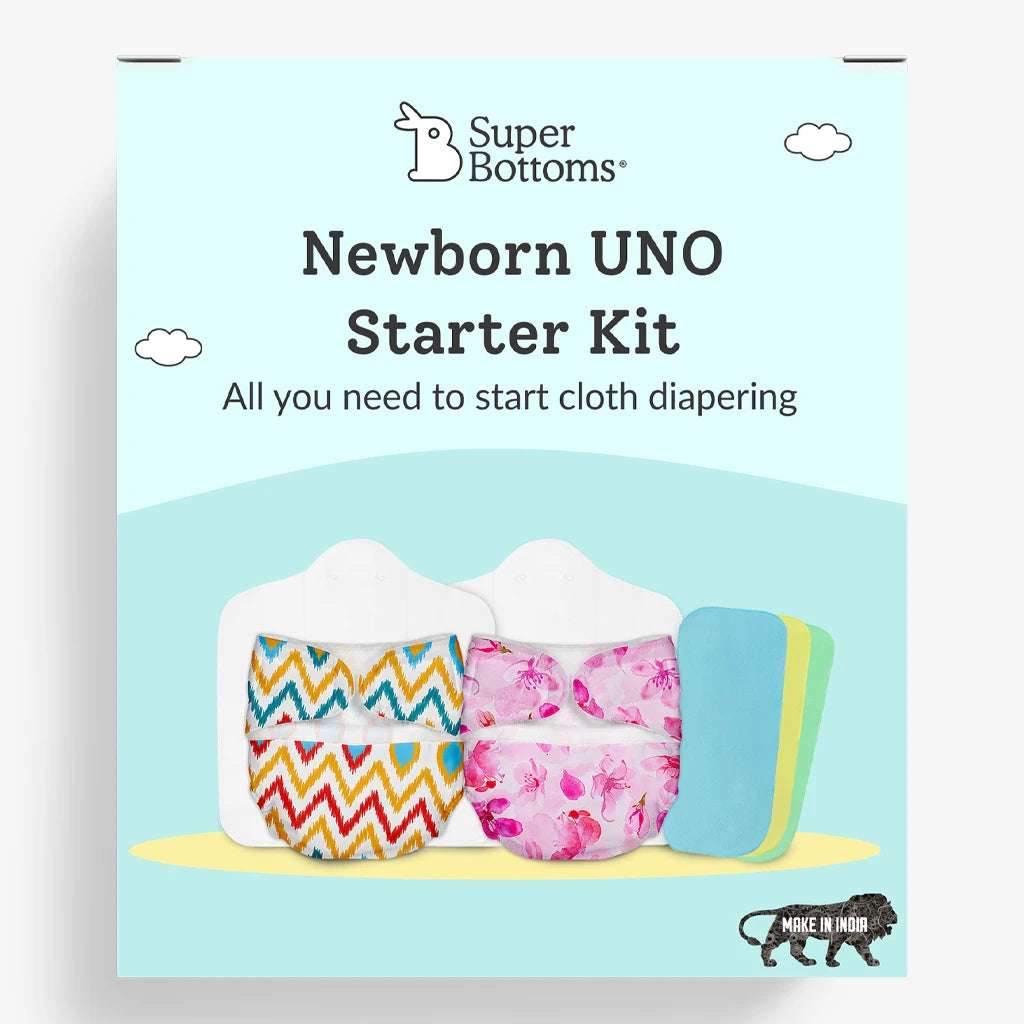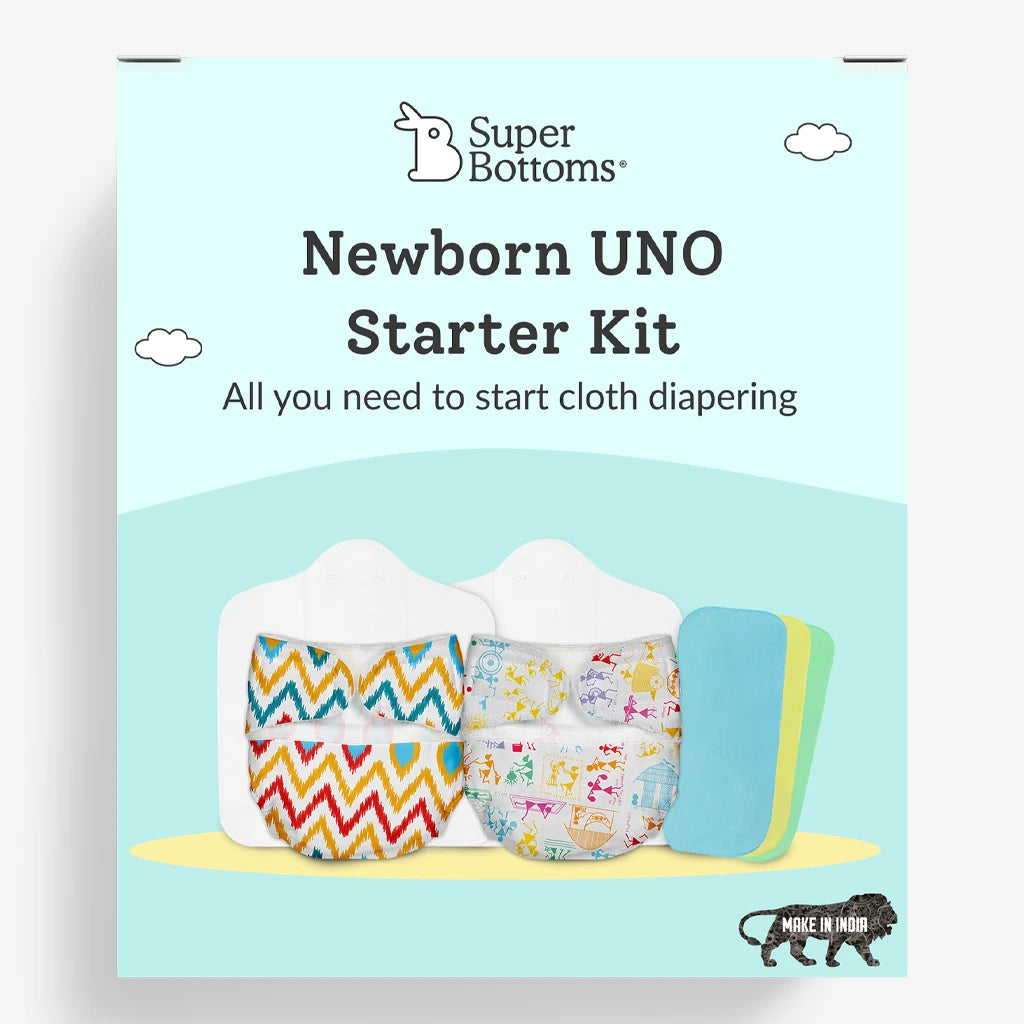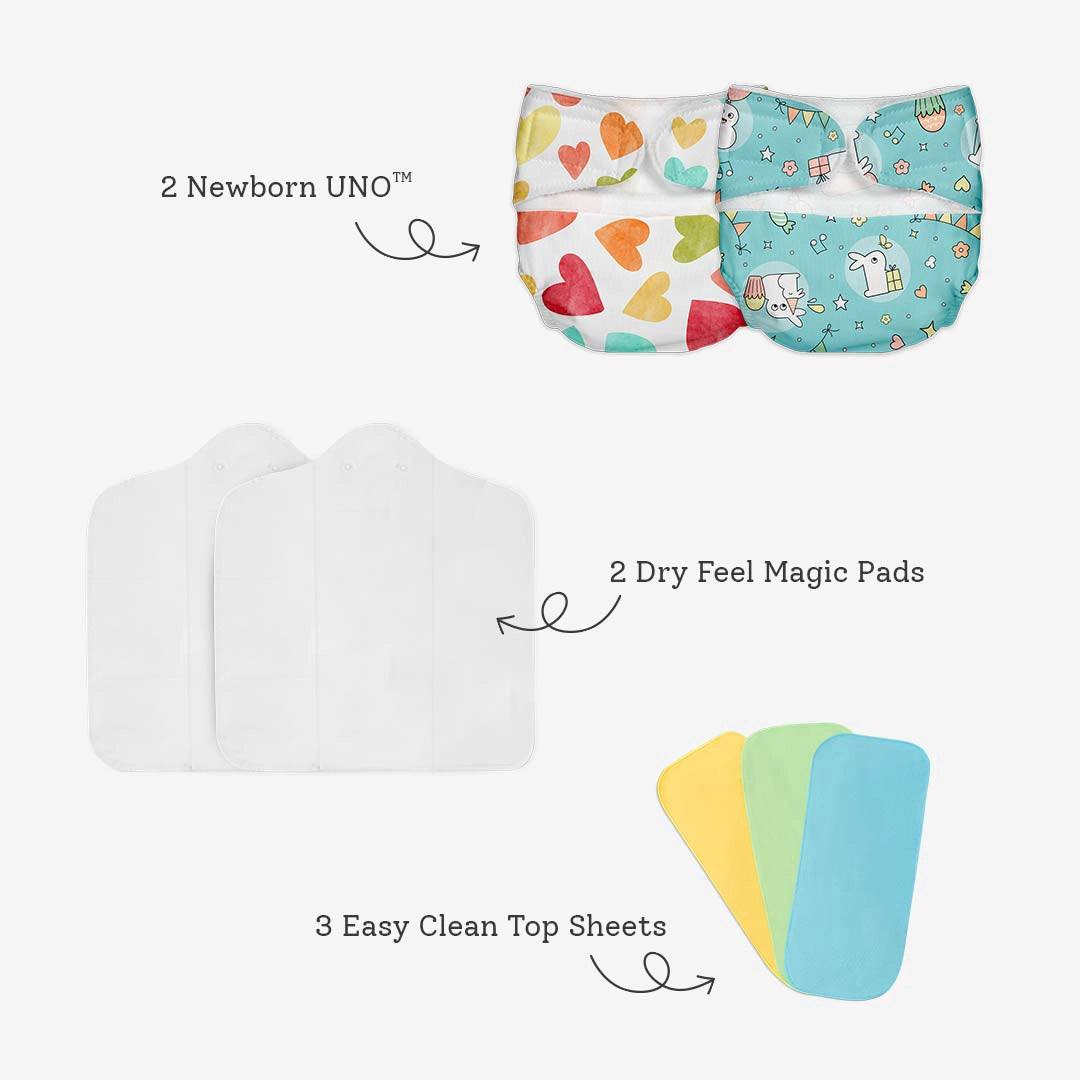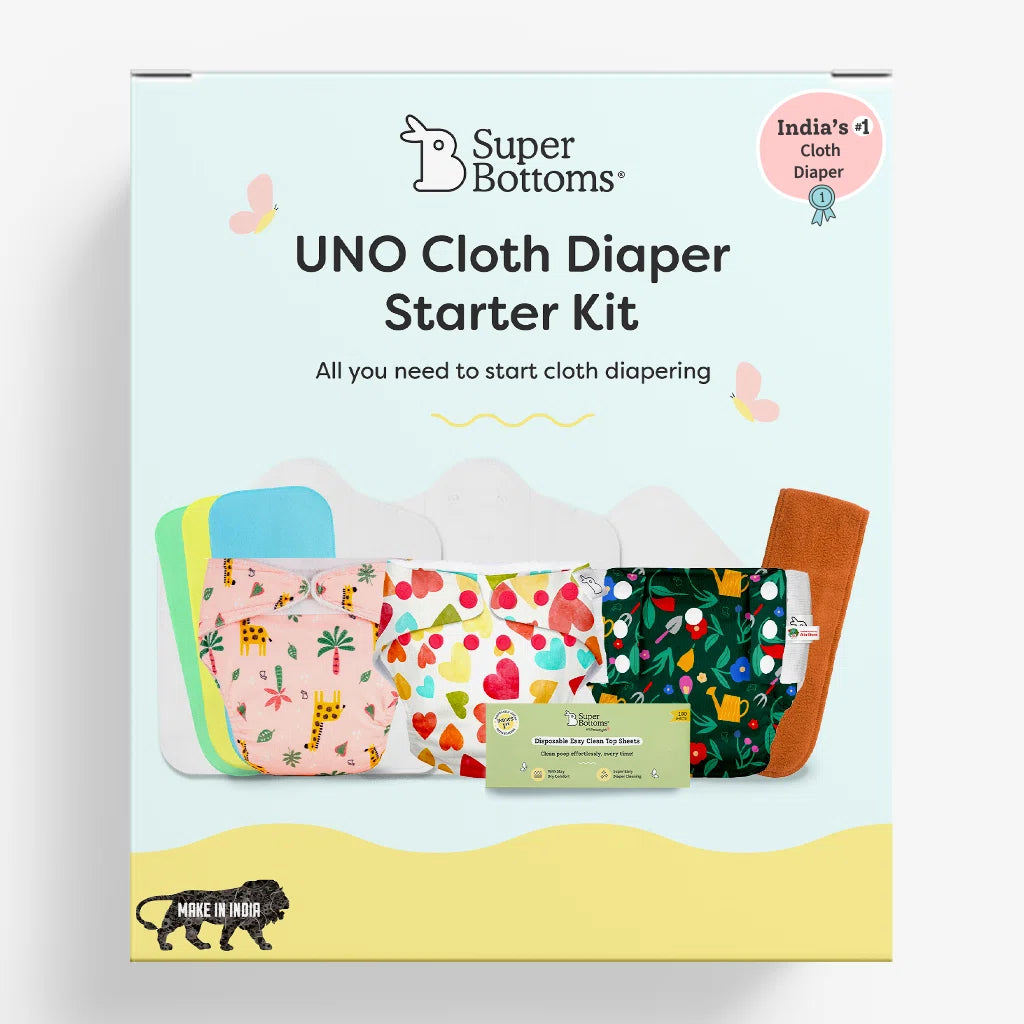About Nivetha (Author)

I’m Nivetha, an internationally certified childbirth educator, and I'm the founder of Nanmugai Pregnancy Care Centre. We offer a range of services designed to support women throughout their pregnancy journey. Our mission is to empower families with the knowledge, support, and resources they need to navigate pregnancy, birth, and early parenthood with confidence. Follow me @nanmugai.nivetha to keep in touch and for more information.
- Introduction
- What Is a Birth Partner?
- What Is a Birth Doula?
- What Is a Midwife?
- How To be The Best Birthing Partner
- Advocate and Communicate
- Creating a Calm Environment
- Support During Postpartum
- Key Takeaways
- FAQs
- Message from SuperBottoms
A birth partner plays a crucial role in providing comfort, encouragement, and advocacy during labour and delivery. Whether you’re a spouse, midwife, doula, family member, or close friend, understanding how to offer meaningful support can make a significant difference. A midwife or doula plays a vital role in ensuring a safe, positive, and empowering birth experience. Their support extends beyond medical care(midwife), encompassing emotional, physical, and educational guidance.
What Is a Birth Partner?
A birth partner is someone like your partner who is present during labour and the birth of your baby to help support you with what you need at the time. They might provide encouraging words, sips of water or maybe a snack, or even just a quiet, comforting presence. Birth partners may also play an important role in helping you prepare for giving birth by attending parenting classes and helping you with your birth plan.
What Is a Birth Doula?
A doula is someone who provides physical and emotional support to you (and your partner) during labour and delivery. They don’t perform any medical procedures, but they are a continuous, reassuring presence. They are there to listen to you, support your decisions, help you understand what is happening and help you have the kind of birth you want.
What Is a Midwife?
A midwife, also known as a nurse midwife, is a health professional who cares for mothers and newborns during childbirth, a specialisation known as midwifery. They provide full antenatal care, including parenting classes, clinical examinations and screening.
How To be The Best Birthing Partner
Here’s how you can be the best possible birthing partner, the best birthing partner tips.
Preparing in Advance
Being prepared will boost your confidence and ability to support effectively.
-
Attend childbirth classes: Learn about the stages of labour, pain management techniques, what to consider while preparing a birth plan and possible interventions.
-
Discuss the birth plan: Understand the labouring person’s preferences for pain relief, delivery positions, baby delivery and other key decisions.
-
Pack the essentials: As a birthing partner, help to prepare a hospital bag with comfort items like snacks, water, and relaxation tools.
Providing Emotional Support
Emotional reassurance can calm nerves and create a sense of safety. A birthing partner can provide emotional reassurance during labour by offering encouragement, praise, and listening.
-
Stay calm and positive: Your energy can influence the birthing person’s state of mind.
-
Offer words of encouragement: Simple phrases like “You’re doing amazing” or “I’m here for you” can be powerful.
-
Be present: Sometimes, quiet presence and holding their hand are all they need.
Offering physical support
A midwife (Nurse midwife) or doula is trained in various hands-on techniques to ease discomfort and support the body’s natural progress during childbirth.
-
Breathing guidance: Encouraging slow, deep breaths to manage pain and stay calm.
-
Massage and counterpressure: Using touch to relieve tension and reduce pain, especially in the lower back.
-
Position suggestions: Encouraging upright positions, movement, or use of birthing aids (e.g., birth ball) to promote optimal baby positioning.
-
Water therapy: Supporting the use of a birthing pool or warm showers to soothe discomfort.
|
Limited Time Offers + Special Gift Sets! Now or never Super SALE is live on the SuperBottoms website! Take advantage of unbeatable value deals on our UNO Cloth Diapers, Baby Essentials, and more. Looking for the perfect present for a newborn or a toddler? Explore our thoughtfully curated Gift Sets & Combos — safe, skin-friendly, and oh-so-cute! A bundle of love for little ones and a delight for parents. HURRY — Deals and Gift Packs are live only till stocks last. Don’t miss the chance to stock up and share the joy! |
Advocate and Communicate
As a birthing partner, being the voice for the labouring person can help ensure their preferences are respected. The role of a midwife or doula is to ensure the labouring person’s wishes are respected while providing clear information to empower informed decisions.
-
Understand their birth plan: Speak up if their wishes are not being considered.
-
Communicate with healthcare providers: Ask questions to clarify procedures or medical recommendations. Communicate their birth plan to the medical staff.
-
Be flexible: Birth plans may change, so remain calm and supportive if unexpected decisions need to be made.
Creating a Calm Environment
A soothing environment can help the labouring person stay focused and relaxed. A birthing partner can help to create a calm and relaxed atmosphere.
-
Adjust lighting and sound: Dim lights, soft music, or calming affirmations can ease tension.
-
Minimise distractions: Help maintain a peaceful space by limiting unnecessary conversations or interruptions.
-
Be mindful of your presence: Stay close but respect moments when they may prefer quiet or solitude.
Support During Postpartum
Your role as a birthing partner doesn’t end once the baby arrives — postpartum support is equally important. A midwife or doula's care often continues immediately after birth, ensuring a smooth transition for both parent and baby. This care includes assisting with breastfeeding, monitoring postpartum recovery, and providing emotional support as parents adjust to their roles.
-
Encourage rest and hydration: Offer water, snacks, or help with positioning during breastfeeding.
-
Be emotionally available: The postpartum period can bring emotional ups and downs; listen without judgment.
-
Help with household tasks: Managing chores or caring for older children can allow the new parent to focus on recovery.
Being a supportive birth partner is about staying calm, adaptable, and compassionate by preparing in advance and focusing on the needs of the labouring person. The midwife's holistic approach combines emotional warmth, practical comfort techniques, and skilled medical care (midwife). Their presence can help parents feel empowered, supported, and in control of their birth experience and a smooth delivery of their baby.
Key Takeaways
-
A Birth Partner’s Role Goes Beyond Presence - Whether it’s a spouse, friend, or doula, a birth partner plays a vital role in offering emotional, physical, and decision-making support during labour, making the birthing person feel safe, encouraged, and cared for.
-
Midwives and Doulas Offer Holistic Support - While midwives provide essential medical care, doulas offer non-clinical emotional and physical assistance. Together, they help ensure a safe, empowering, and informed birth experience tailored to the parents’ preferences.
-
Support Doesn’t End at Birth - Postpartum care is just as crucial. Birth partners, midwives, and doulas continue their support by assisting with emotional well-being, breastfeeding, recovery, and easing the transition into parenthood.
Frequently Asked Questions (FAQs)
1. Who can be a birth partner?
A birth partner can be a:
- Spouse or partner
- Family member (e.g., mother, sister)
- Close friend
- Doula or trained birth coach
2. What practical tasks can a birth partner manage?
- Communicating with medical staff to ensure the birth plan is followed.
- Keeping track of contraction timing.
- Helping to create a calm environment (e.g., dimming lights, playing relaxing music).
- Ensuring the hospital bag, phone charger, and essential items are ready.
3. What should a birth partner do if labour isn’t going as planned?
- Stay calm and supportive — emotional reassurance is crucial.
- Ask healthcare providers for clear explanations if interventions are recommended.
- Help the labouring person feel informed, empowered, and respected in decision-making.
4. What should a birth partner avoid during labour?
- Avoid giving unsolicited advice — follow the lead of the labouring person.
- Don’t take it personally if they express frustration or irritability.
-
Avoid distractions like excessive phone use — your presence matters most.
5. What if the birth partner feels overwhelmed during labour?
It’s normal to feel anxious or unsure. Take deep breaths, stay focused on the labouring person’s needs, and don’t hesitate to ask the healthcare team for guidance. Remember, your calm and supportive presence is invaluable.
Message from SuperBottoms
Hi there, new parents! SuperBottoms brings you doctor-recommended cloth diapers — the best rash-free diapering solution for your baby’s sensitive and delicate skin. Unlike disposable diapers loaded with chemicals, our newborn cloth diapers, when used and washed properly, can help eliminate the risk of diaper rashes. SuperBottoms offers a wide range of safe, skin-friendly essentials for the whole family — including Reusable Cloth Diapers, Diaper Pants, DryFeel langots for diaper-free time, Padded Underwear for potty training, SuperSoft Underwear for everyday comfort, Joggers for playful days, and Period Underwear for women. Not just for everyday use, SuperBottoms products also make the best gifting choice for babies — thoughtful, eco-friendly, practical, and loved by parents. Now available on Amazon, Myntra, Flipkart, FirstCry, Zepto, Swiggy and Blinkit






























